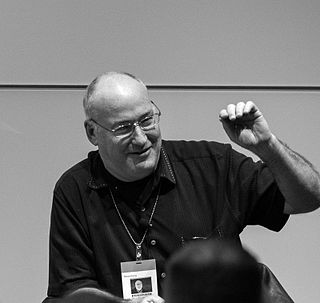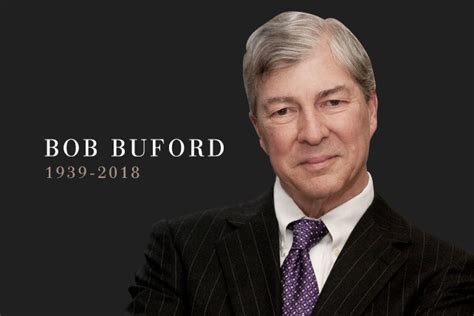A Quote by Robert I. Sutton
Renowned management guru Peter F.Drucker looked back at his 65-year consulting career shortly before he died. He concluded that great leaders could either be 'charismatic or dull' or 'visionary or numbers-orientated,' but the most inspiring and effective managers he knew all had said we rather than I.
Related Quotes
Although he reputedly hated the label of 'guru', Peter Drucker was, by any standards, the greatest management guru the world has yet seen. In 1996, the McKinsey Quarterly journal described him as the 'the one guru to whom other gurus kowtow' and Robert Heller described him as 'the greatest man in the history of management', praise indeed for a man who described himself as 'just an old journalist'.
When I was getting my education, I fell in love with the writings of Peter Drucker. He was my hero. I had a naive belief that when I became a manager, it was going to be like Peter Drucker's books. That is, I was going to be the effective executive. I was going to talk to people about their goals. I was going to help them actualize.
What was there to be gained by fighting the most evil wizard who has ever existed?" said Black, with a terrible fury in his face. "Only innocent lives, Peter!" "You don't understand!" whined Pettigrew. "He would have killed me, Sirius!" "THEN YOU SHOULD HAVE DIED!" roared Black. "DIED RATHER THAN BETRAY YOUR FRIENDS, AS WE WOULD HAVE DONE FOR YOU!
In my first career I had founded my own company, with a group of MIT professors, before coming to Harvard to finish my doctorate, and so I had a deep respect for the brains, talent, and dedication of managers. That made it hard for me to believe the attributions in the business press that stupid management was to blame. So I looked elsewhere for an explanation.
To paraphrase the late management thinker and writer, Peter Drucker, thinking is hard work, which is why so few people (including actually senior managers) do it. Once there is some "conventional," seemingly-reasonable story, people just accept it and don't ask, "is this actually true? Is it consistent with the data?" And this extends to the highest reaches of organizational life.
































